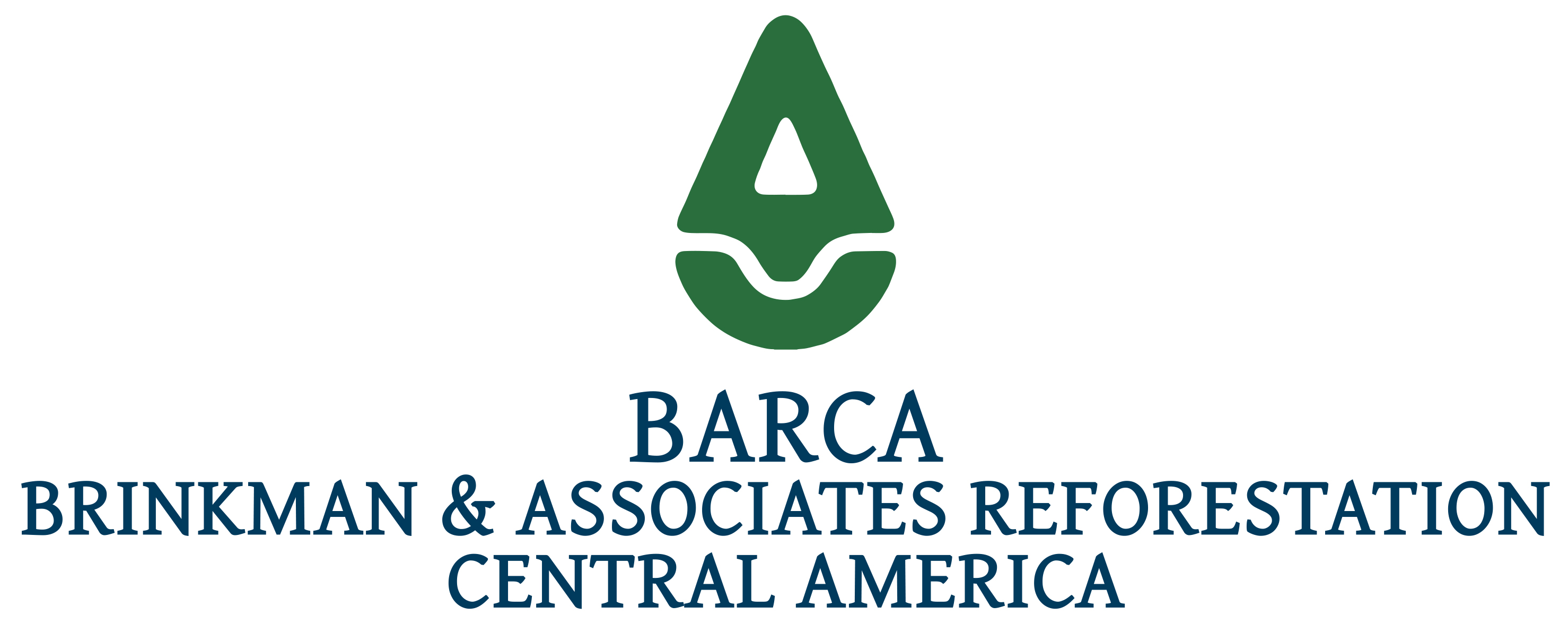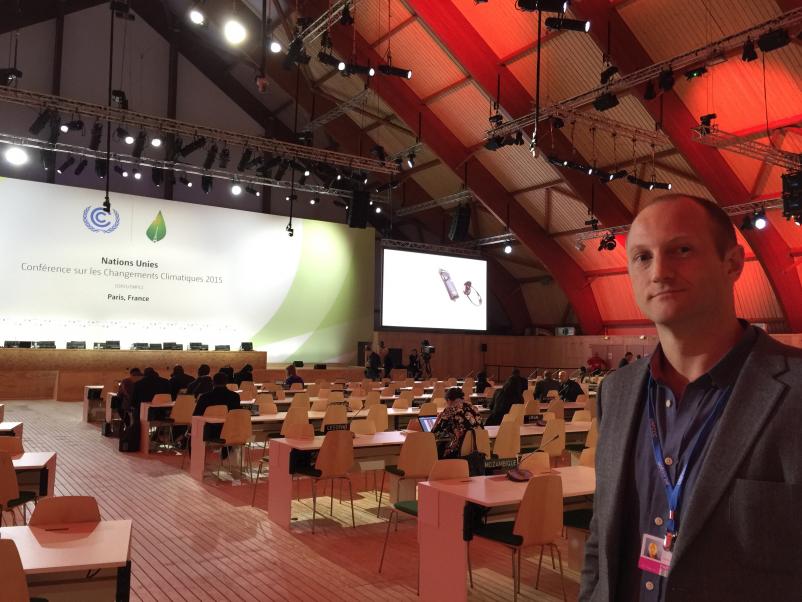News & Updates
From Paris to Earth Day
24
By Baba Brinkman
It was recently Earth Day 2016, and the world is experiencing record high temperatures, prompting the chief climate scientist at NASA, Gavin Schmidt, to predict a more than 99% chance 2016 will go on to be the hottest year on record, breaking last year’s high mark. Also, 162 countries sent delegations to the United Nations here in New York to sign the Paris Agreement, which committed the world to the most ambitious greenhouse gas emission reductions in history.
Also recently, an article appeared in the Huffington Post, reviewing my off-Broadway show “Rap Guide to Climate Chaos” and included this tidbit of biographical gold: “The son of farmers and naturalists, Brinkman grew up on a tree farm on which he personally planted over a million trees.” Should I write in and correct them? It’s such a nice review that I probably wont, but it gives a sense of how far removed from planting camps the New York theatre scene is. It reminds me of a hotel manager in Campbell River in 2001 who refused a group of planters a room on our day off by simply stating “no tree farmers!”
However, tree farmers, planters, and preservers of forests did well out of the Paris Agreement. I was invited to attend the conference and provided with a delegate badge by the Coalition for Rainforest Nations, an organization representing more than forty developing countries with a significant forest base, whose combined efforts helped to make forest preservation one of the success stories of the conference. The key paragraph, known in the end as Article 5, reads as follows:
1.Parties should take action to conserve and enhance, as appropriate, sinks and reservoirs of greenhouse gases as referred to in Article 4, paragraph 1(d), of the Convention, including forests.
2.Parties are encouraged to take action to implement and support, including through results-based payments, the existing framework as set out in related guidance and decisions already agreed under the Convention for: policy approaches and positive incentives for activities relating to reducing emissions from deforestation and forest degradation, and the role of conservation, sustainable management of forests and enhancement of forest carbon
If this sounds like a tangle of legalese, that’s because it is. But during the week I was in Paris these paragraphs were subjected to endless tortured negotiations, with daily meetings of the CfRN delegates and government ministers hashing out the latest draft of the text, proposing revisions, and sending those revisions to other groups representing the US and other wealthy countries. And finally to the conference president, Laurent Fabius, who ultimately winnowed the many competing drafts down to the compromise that was ultimately published in the Agreement.
I was honoured to be present during these negotiations, both to see history being made (in its slow grinding fashion), and also to contribute in my own special way, by taking notes on the proceedings and performing a daily custom “rap up” of the Rainforest Coalition meetings for the assembled delegates. Here’s a video of one such rap. I was also there to represent the Brinkman Group of Companies as a surrogate for Dirk, who was busy at other meetings and couldn’t make it. He’s been to previous UN COP conferences as a CfRN delegate, and brings a lot more knowledge of climate policy and forestry to the negotiating table than I do. But on the other hand, my rhymes are doper.
Despite the excitement generated by the success of enshrining forest protection and REDD+ language in the final text, many saw the result as a whole as a failure for the planet. Almost two hundred countries signed on to the principle of “holding the increase in the global average temperature to well below 2 °C above pre-industrial levels and pursuing efforts to limit the temperature increase to 1.5 °C”. An agreement which would definitely be worth celebrating if it were guaranteed to succeed, but the commitments outlined in the Paris Agreement aren't legally-binding, and one of the main reasons is that the US is still subject to a Republican-controlled, climate change denying Senate.
John Kerry made it clear to the other Ministers of State in one of the late-night meetings that he would happily sign on to the strongest possible terms given the situation, but the situation prevented him from signing a legally-biding agreement. So we’re left with a bundle of promises, with no enforcement, and even the current set of commitments aren't enough to keep the planet below a safe threshold of warming even if every party follows through. The current commitments are estimated to put us on target for warming of 2.7º - 3.5º C, which is more than enough to trigger major ice melt and sea level rise.
The reason for optimism is that the Agreement terms also include a pledge to return with more ambitious commitments every five years, ramping up the scale of the transition to clean power solutions. So is it too little too late? Yes, because the science was sufficiently clear that this level of international action should have happened more than a decade ago. But the Paris Agreement is still more significant progress than has been made to remedy climate change in the history of our species, and that’s worth celebrating.
As for me, I’m still performing Rap Guide to Climate Chaos off-Broadway five nights a week, and the announcements just went out today that we are extending the show at least until June 11th. Tonight I’ll have Brice Lalonde as a talkback guest at the theatre, answering questions from the audience. He’s a special advisor to the UN on Climate Change and the former Environment Minister of France. I met Brice in Paris at an event about reducing air travel emissions with equivalent forest protection and restoration projects. I even got to write and perform a rap-up of the event.
Those are the kind of inspiring discussions that made me leave Paris with a sense of purpose and optimism. Imagine if every airline in the world signed on to fully offset their carbon footprint by planting new forests and protecting old forests under threat, with the costs built into the price of your plane ticket. That would create a lot more work for the tree farmers of the world, and at the same time provide jet setters with a guilt-free flight to Paris for a conferences. Sounds like a win-win solution to me.



 Hacienda Doña Victoria, Palmar Sur, Puntarenas, Costa Rica
Hacienda Doña Victoria, Palmar Sur, Puntarenas, Costa Rica (506) 8847-0521
(506) 8847-0521
